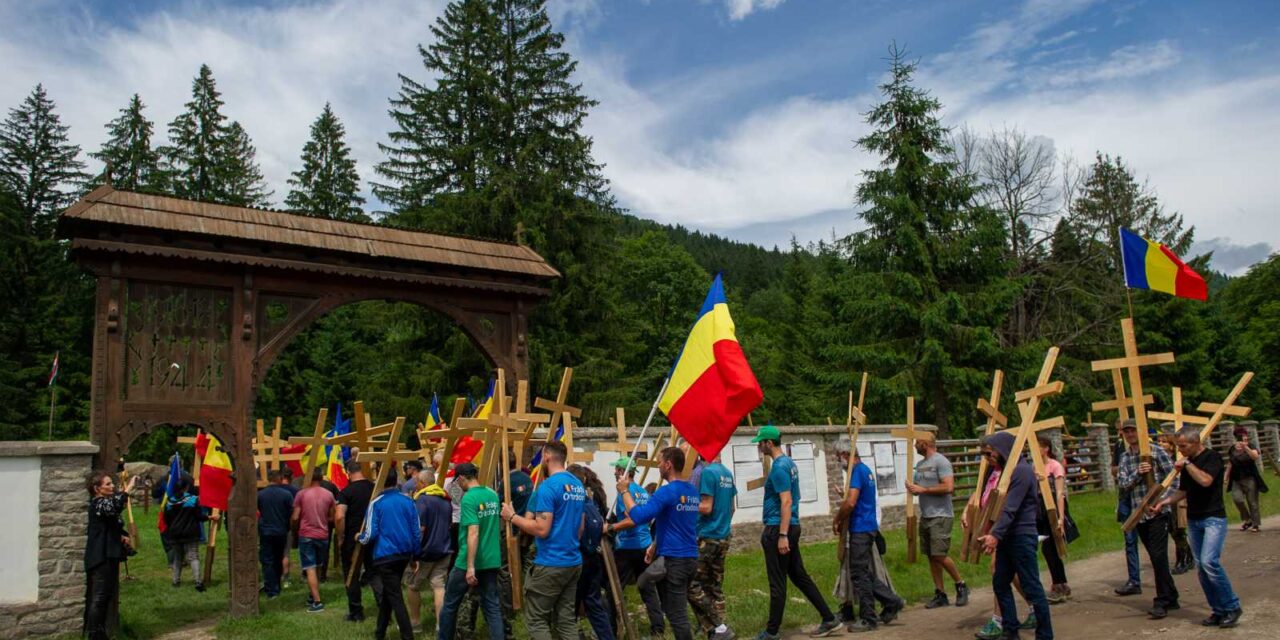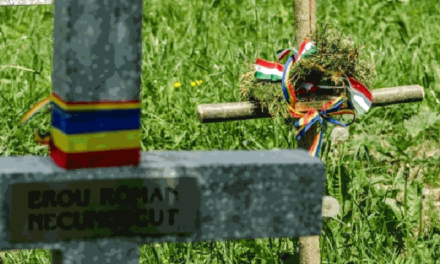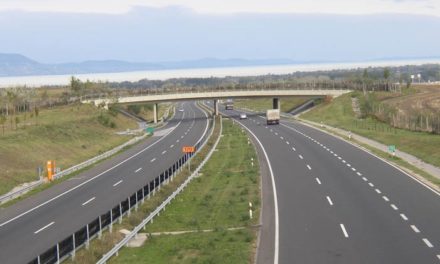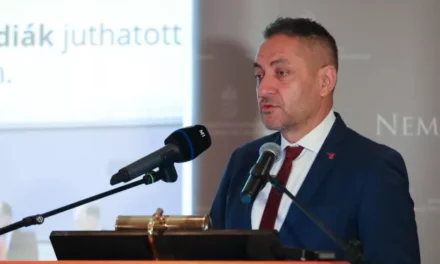Even the Romanian authorities admitted that the Romanian soldiers who died in the First and Second World Wars were not laid to rest there.
The supporters group of the nationalist organization called Calea Neamului and the Orthodox Brotherhood (Frăția Ortodoxă) is preparing to return to Úzvölgye. On Sunday, October 22, a commemoration will be organized in the international military cemetery on the occasion of Romanian Army Day. This was announced by Mihai Tîrnoveanu himself, who visited the cemetery with himself on Wednesday and encouraged his followers to participate in a live Facebook login.
Mihai Tîrnoveanu, head of the extremely nationalist and anti-Hungarian organization called Nemzet Útja, announced that on the occasion of Romanian Army Day, a commemoration will be held at the Úzvölgy military cemetery from 4 p.m. on Sunday. He said that "hundreds" of people from all over the country are expected to come to the shrine.
Incidentally, the Romanian Army Day is on October 25, in memory of the fact that the Romanian armies "liberated Northern Transylvania from Horthyst rule" in 1944.
One of the leading figures in the organized riots, unauthorized commemorations and the erection of 150 wooden crosses in the military cemetery, Tîrnoveanu encourages his followers to celebrate the Romanian heroes who also gave their lives for their country at the resting place of the Hungarian, Austrian and Székely soldiers. in camp.
Úzvölgye: Let's not let the livelihood provocateurs achieve their goal!
At the same time, it is well known that no Romanian soldiers are buried in the international military cemetery in Úzvölgy, the Romanian soldiers who died in the battles in the valley of the Úz stream were laid to rest further down the valley, in the cemetery of Comănești heroes.
Even the Romanian authorities announced that there are no Romanians buried in the cemetery near the Úzvölgy camp, but this does not bother Tîrnoveanu and his supporters in the least.
As is well known, about a hundred people came to the Úzvölgy military cemetery on July 8, organized by the National Road Association, where without any permission they erected one hundred and fifty wooden crosses instead of the fifty concrete crosses that had been placed illegally and then removed by court decision.
Source and featured image: Maszol












